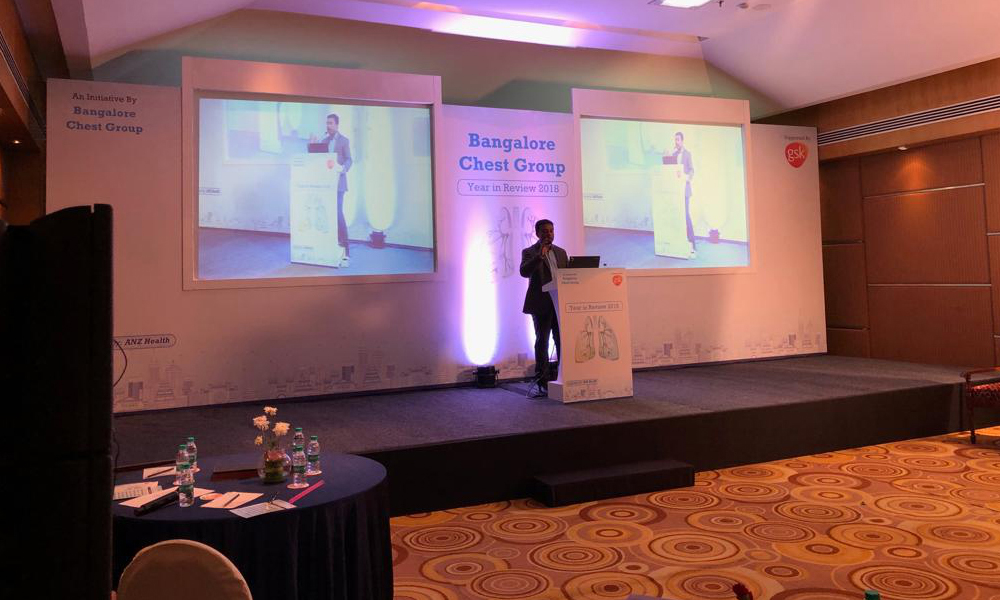What is a Corporate Event Planner?
A corporate event planner organizes events for businesses. These events can be meetings, conferences, trade shows, product launches, or company celebrations. They ensure everything runs smoothly from start to finish.
Responsibilities of a Corporate Event Planner
Event Planning: This involves understanding the purpose of the event, setting objectives, and deciding on a theme.
Budget Management: They must create and stick to a budget. This includes negotiating with vendors and ensuring cost-effectiveness.
Venue Selection: Finding the right location is crucial. The venue must fit the event’s size, theme, and budget.
Vendor Coordination: They work with caterers, decorators, audio-visual teams, and other suppliers to ensure everything is in place.
Logistics Management: This includes transportation, accommodation for guests, and on-site event management.
Marketing and Promotion: For events like product launches or trade shows, they create buzz and attract attendees through marketing strategies.
On-Site Management: During the event, they handle last-minute issues and ensure everything goes as planned.

Skills Needed for a Corporate Event Planner
Organizational Skills: They juggle many tasks and deadlines, requiring excellent organizational abilities.
Communication Skills: Clear communication with clients, vendors, and team members is essential.
Problem-Solving Skills: They must think on their feet to handle unexpected issues.
Attention to Detail: Small details can make or break an event, so they need to be meticulous.
Negotiation Skills: Getting the best deals from vendors requires strong negotiation skills.
Creativity: They need to come up with unique ideas to make events memorable.
Time Management: Meeting deadlines is critical, so they must manage their time well.
Importance of a Corporate Event Planner
Corporate event planners save companies time and stress. They ensure events are professionally managed, which enhances the company’s image. A well-organized event can leave a lasting impression on attendees, boosting employee morale and client satisfaction.
Types of Corporate Events
Conferences: Large gatherings focused on specific industries or topics. Planners manage everything from registration to speaker coordination.
Seminars: Smaller than conferences, these are focused on training or sharing knowledge.
Product Launches: Introducing a new product to the market. Planners ensure the event highlights the product’s features and attracts media attention.
Trade Shows: Large events where companies in a specific industry showcase their products. Planners coordinate the logistics of booths, displays, and attendee engagement.
Team-Building Events: Activities designed to strengthen team relationships and improve morale. These can include retreats, workshops, or fun activities.
Board Meetings: High-level meetings for company executives. Planners ensure everything is confidential and runs smoothly.
Company Milestones: Celebrations for anniversaries, achievements, or major company news. Planners make these events memorable for employees and stakeholders.
Tools and Software for Corporate Event Planners
Corporate Event Management Software: Tools like Cvent, Eventbrite, or Bizzabo help manage registrations, ticketing, and logistics.
Budgeting Tools: Software like Microsoft Excel or specialized event budgeting tools helps keep finances on track.
Communication Tools: Slack, Zoom, and email platforms facilitate communication with team members and vendors.
Project Management Tools: Tools like Trello or Asana help keep tasks organized and on schedule.
Marketing Tools: Social media platforms, email marketing tools like Mailchimp, and CRM systems help promote the event.
Challenges Faced by Corporate Event Planners
Budget Constraints: Staying within budget while delivering a high-quality event can be challenging.
Last-Minute Changes: Unforeseen changes can disrupt plans. Planners must be adaptable and quick-thinking.
Vendor Issues: Coordinating multiple vendors can lead to complications if one doesn’t deliver as promised.
Attendee Management: Ensuring a good experience for all attendees requires meticulous planning and execution.
Logistical Complications: Transportation, accommodation, and on-site management can pose logistical challenges.
Tips for Successful Corporate Event Planning
Start Early: Give yourself plenty of time to plan and prepare.
Set Clear Goals: Know what you want to achieve with the event.
Create a Detailed Plan: Outline every aspect of the event from start to finish.
Communicate Effectively: Keep all stakeholders informed and involved.
Be Flexible: Be ready to adapt to changes and unexpected challenges.
Evaluate and Improve: After the event, evaluate what went well and what didn’t. Use this feedback to improve future events.
Conclusion
A corporate event planner plays a vital role in organizing successful business events. Their skills in planning, budgeting, communication, and problem-solving ensure that events run smoothly and meet the company’s goals. By staying organized, creative, and adaptable, they create memorable experiences that leave a lasting impact on attendees.
